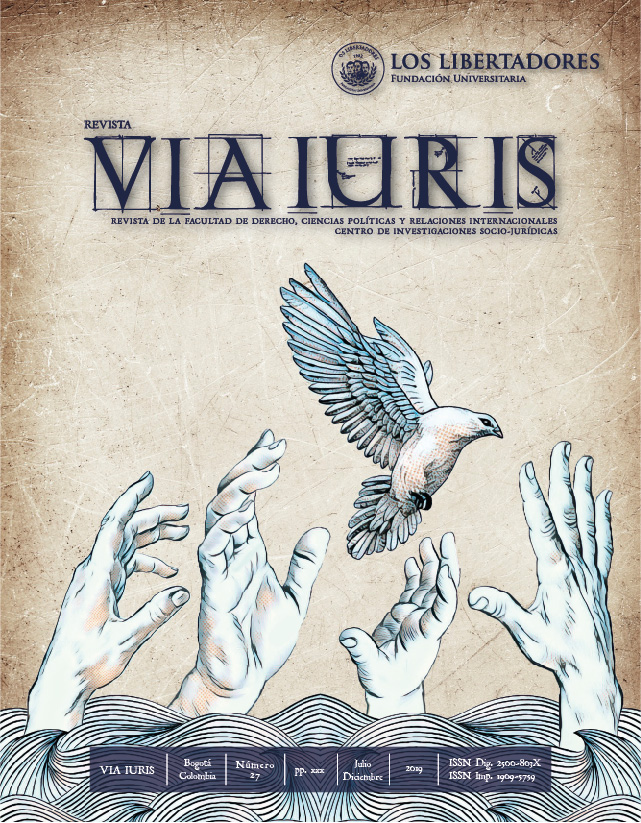Abstract
Migration is a global reality that increases every day, raises new perspectives of analysis and is complex due to the multiplicity of causes and consequences that it implies. Therefore, countless people leave their places of origin to settle in a destination territory with what this represents in social, legal and economic terms. In the development of the international legal framework around migration, one might think that its provisions are applicable both to nationals and foreigners and there could be no antinomy. However, by making a dogmatic analysis of some of the normative sources and reports that make up this framework, it can be seen that certain exclusions expressly undermine the rights of foreigners and with this, basic premises of human rights. This article raises a reflection from the application of the principle of equality and non-discrimination for the case of economic migrants, because apparently discrimination is legitimized by a prohibited motive and it means a difficulty with respect to formal equality, which entails limitation in the practice of several rights and makes more complex the understanding of the attribution of human rights from its intrinsic value.

This work is licensed under a Licencia Creative Commons Atribución-NoComercial-


